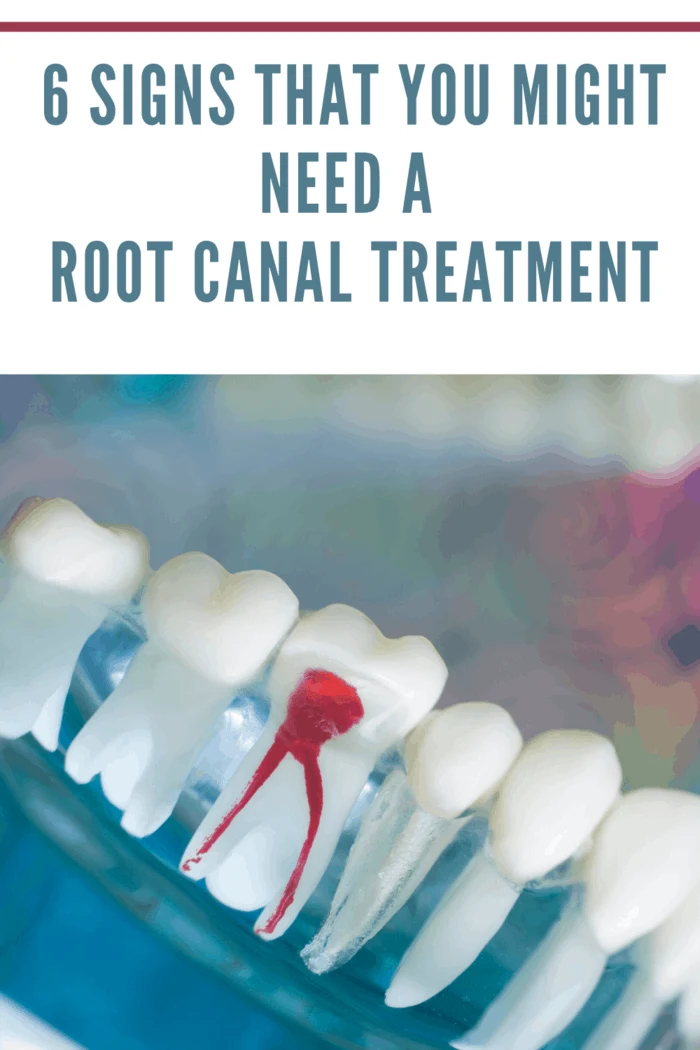Signs That You Might Need a Root Canal Treatment
Root canals can often be a source of dread, but they’re fundamentally about preserving a tooth that’s been compromised. When you’re dealing with tooth pain or discomfort, it’s crucial to understand the signs that a root canal might be necessary. Let’s dive into the common indicators that you might need this procedure, and why it’s essential to address them promptly.
According to the American Association of Endodontists, more than 15 million root canal procedures are performed each year in the United States alone. This highlights how common and necessary the procedure can be for maintaining dental health.

6 Signs That You Might Need a Root Canal Treatment
1. Sudden Tooth Sensitivity
Have you ever enjoyed a cup of hot coffee or a cold glass of lemonade only to find yourself wincing in pain? If you’re experiencing new sensitivity in your teeth that wasn’t there before, especially to hot or cold stimuli, it could be a sign of trouble. This discomfort might be localized to a specific tooth or a few teeth rather than your entire mouth.
Personal Insight: I recall a time when I suddenly developed sensitivity in one of my molars. It was so sharp that even a sip of cold water made me flinch. A visit to my local dentist revealed that I needed a root canal. If you’re experiencing similar symptoms, don’t wait—schedule an appointment with a trusted professional.
Research published in the Journal of Endodontics indicates that about 20% of patients report increased sensitivity or pain as the most significant symptoms prompting them to seek a root canal treatment.
2. Swelling and Tenderness Along the Gums
Swelling and tenderness in the gum tissue can be another red flag. If you notice that the gum tissue around one or two teeth is swollen or feels tender, and even mild contact causes discomfort, it’s time to consult your dentist. Often, this swelling might be accompanied by a slight warmth compared to the surrounding gums.
Pro Tip: In my experience, noticing these changes early can prevent more severe issues down the line. Visit a dentist if you spot these symptoms.

3. Pain When Chewing
Pain during chewing can significantly impact your quality of life. If you find that chewing hard foods like meats causes sharp pain in your mouth, it might indicate that a root canal is needed. Interestingly, soft foods may not trigger the same level of discomfort.
4. Pain When Applying Pressure
If you’re experiencing pain not just while chewing but with any pressure on the tooth—whether from grinding your teeth or even just biting down—this is another sign that a root canal might be necessary. Persistent pain from everyday activities is a clear signal to seek dental advice.

5. Darkening of the Tooth
Sometimes, a tooth can darken without causing any pain. This discoloration is a sign that decay might be occurring beneath the surface. Even if you’re not feeling discomfort, a discolored tooth should be examined by your dentist.
Insight: If you notice a tooth gradually darkening over time, even if not painful, get it checked. It may be that a root canal was necessary to save the tooth. Always have such changes evaluated.
6. Swollen Lymph Nodes
Infection or decay in a tooth can put stress on your immune system, leading to swollen lymph nodes. If you notice swelling in your neck or under your jaw, it’s crucial to consider that it might be related to a dental issue.
Expert Opinion: According to the American Dental Association, swollen lymph nodes can be a sign of a severe dental infection. Addressing this promptly with your dentist can prevent further complications.
Act Now to Protect Your Dental Health
If you’re experiencing any of these signs, don’t delay—schedule a visit to your dentist. Early intervention can save your tooth and alleviate discomfort.
“If you experience persistent tooth pain or sensitivity, it’s essential to get a professional evaluation. Early diagnosis can make all the difference in saving your tooth and preventing further issues.” — Dr. John P. McCoy, Endodontist.
By staying informed and proactive, you can ensure that your dental health remains in top shape.
